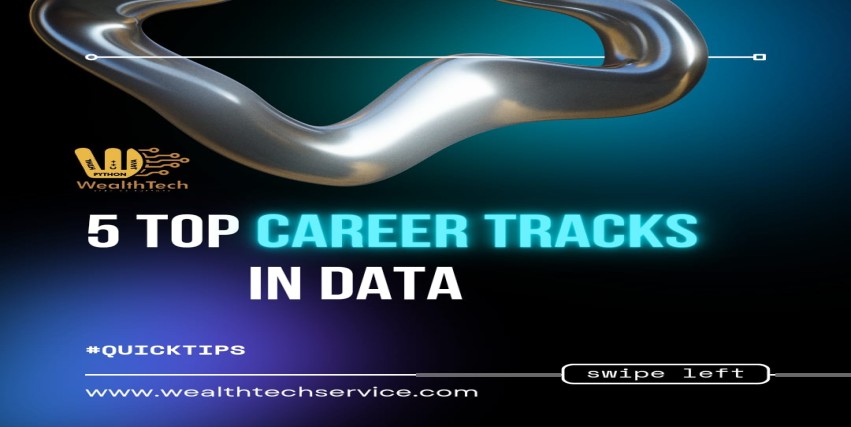Differences Between: Data Analyst, Business Analyst, IT Business Analyst, and Data Scientist
But to the uninitiated, the distinctions between Data Analyst, Business Analyst, IT Business Analyst, and Data Scientist can seem like a cryptic riddle. Fear not, for this article is your key to deciphering this code and understanding the unique strengths of each role.
1. Data Analyst: The Master of Numbers and Patterns
Imagine a data analyst as a detective, meticulously combing through mountains of information. Their tools? Statistical techniques, data visualization, and a keen eye for patterns. They translate raw data into actionable reports, dashboards, and insights, answering specific questions like:
- “Which marketing campaign drove the most sales?”
- “What are the demographics of our most loyal customers?”
- “Is there a correlation between website traffic and product purchases?”
Data analysts are the storytellers of the data world, transforming complex numbers into narratives that inform business decisions.
2. Business Analyst: The Bridge Between Business and Data
Think of a business analyst as the architect of the bridge between the technical realm of data and the tangible world of business. They understand how data translates into real-world implications, using it to:
- Optimize operations and processes
- Identify new business opportunities
- Evaluate the effectiveness of business strategies
Business analysts are the strategists, the ones who turn data-driven insights into actionable plans that drive business growth.
3. IT Business Analyst: The Tech Whisperer
Now, picture an IT Business Analyst as a translator, fluent in both the language of business and the dialect of technology. They bridge the gap between IT and business stakeholders, ensuring that technology solutions align with business needs. Their responsibilities include:
- Analyzing IT systems and processes for efficiency and effectiveness
- Developing and implementing IT solutions to address business problems
- Communicating complex technical information to non-technical audiences
IT Business Analysts are the interpreters, ensuring smooth communication and collaboration between the two worlds of business and technology.
4. Data Scientist: The Architect of the Future
Finally, envision a data scientist as a futuristic alchemist, transforming raw data into predictive models and intelligent solutions. They wield the power of machine learning and artificial intelligence to:
- Develop algorithms and predictive models
- Automate data-driven processes
- Extract hidden insights and patterns from vast datasets
Data scientists are the architects of the future, building intelligent systems that solve complex problems and drive innovation.
The Overlapping Venn Diagram:
While these roles have distinct specialties, their circles often overlap. Data analysts might delve into basic predictive modeling, and business analysts may need to interpret complex technical reports. The key lies in their core strengths and the depth of their expertise.
Finding Your Path in the Data Realm:
So, which role resonates with you?
Consider your strengths and interests:
- Data Analyst: Do you love puzzles, numbers, and uncovering hidden trends? Hone your skills in statistics, data cleaning, and visualization.
- Business Analyst: Are you a strategic thinker who thrives on problem-solving and translating data into actionable plans? Develop your communication, project management, and analytical skills.
- IT Business Analyst: Do you possess a passion for technology and a talent for explaining complex concepts? Refine your technical knowledge and communication skills.
- Data Scientist: Are you fascinated by the power of AI and building solutions from data? Immerse yourself in coding, machine learning, and statistical modeling.
Remember, the data world is constantly evolving, and new roles and specializations emerge with each passing day. Embrace the learning journey, explore different areas, and don’t be afraid to experiment. Your unique analytical talent awaits its perfect role in the data-driven future.
Bonus Tip: Network with professionals in these roles. Their insights can be invaluable as you navigate your path and discover your ideal analytical destination.
https://www.wealthtechservice.com/course/details/8/data-analyticsdata-science
Go forth and conquer the data realm!








